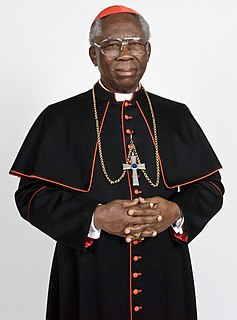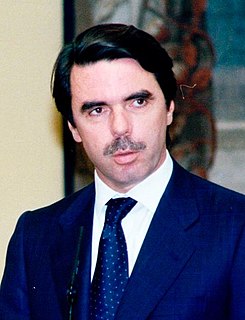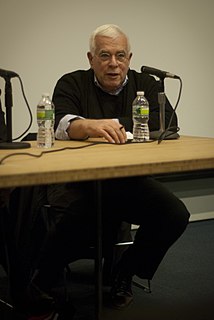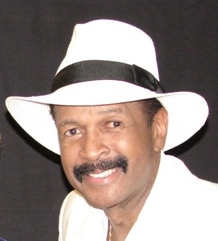A Quote by Francis Arinze
Remarkable is the greater openness of the Catholic Church towards people of other religious traditions and persuasions. The development has not been without problems, since some people have resisted it and others have pushed openness beyond the desirable point.
Related Quotes
Tolerance, openness to argument, openness to self-doubt, willingness to see other people's points of view - these are very liberal and enlightened values that people are right to hold, but we can't allow them to delude us to the point where we can't recognise people who are needlessly perpetrating human misery.
Trust, love, what we call sexy, who we trust in a business situation, are all based on how open we are. Openness is bodily openness, muscular relaxation, heart openness as opposed to hiding behind some emotional wall, and spiritual openness, which is actually feeling so fully into the moment that there's no separation between you and the entire moment.
It really is a fact that liberals are much higher than conservatives on a major personality trait called 'openness to experience.' People who are high on openness to experience just crave novelty, variety, diversity, new ideas, travel. People low on it like things that are familiar, that are safe and dependable.
The 20th century was a turning point; it freed and emancipated women, broke the back of segregation, and began the struggle to give justice to gay and lesbian people. But the Christian church, in both Catholic and Protestant forms, resisted every one of those humanizing developments. The church was on the wrong side of all three of those fights.
What people need to see is this openness, not this church that is so built on structure and religious order that you can't be free and worship God and have a good time because we're so caught up in condemnation, 'I can't say this I can't wear this I can't do this because of this perception of what a Christian is and is not'. It's not about that. God says 'come as you are'.
I'd always rather err on the side of openness. But there's a difference between optimum and maximum openness, and fixing that boundary is a judgment call. The art of leadership is knowing how much information you're going to pass on - to keep people motivated and to be as honest, as upfront, as you can. But, boy, there really are limits to that.
Since the primary motive of the evil is disguise, one of the places evil people are most likely to be found is within the church. What better way to conceal one's evil from oneself, as well as from others, than to be a deacon or some other highly visible form of Christian within our culture? ... I do not mean to imply that the evil are anything other than a small minority among the religious or that the religious motives of most people are in any way spurious. I mean only that evil people tend to gravitate toward piety for the disguise and concealment it can offer them.





































